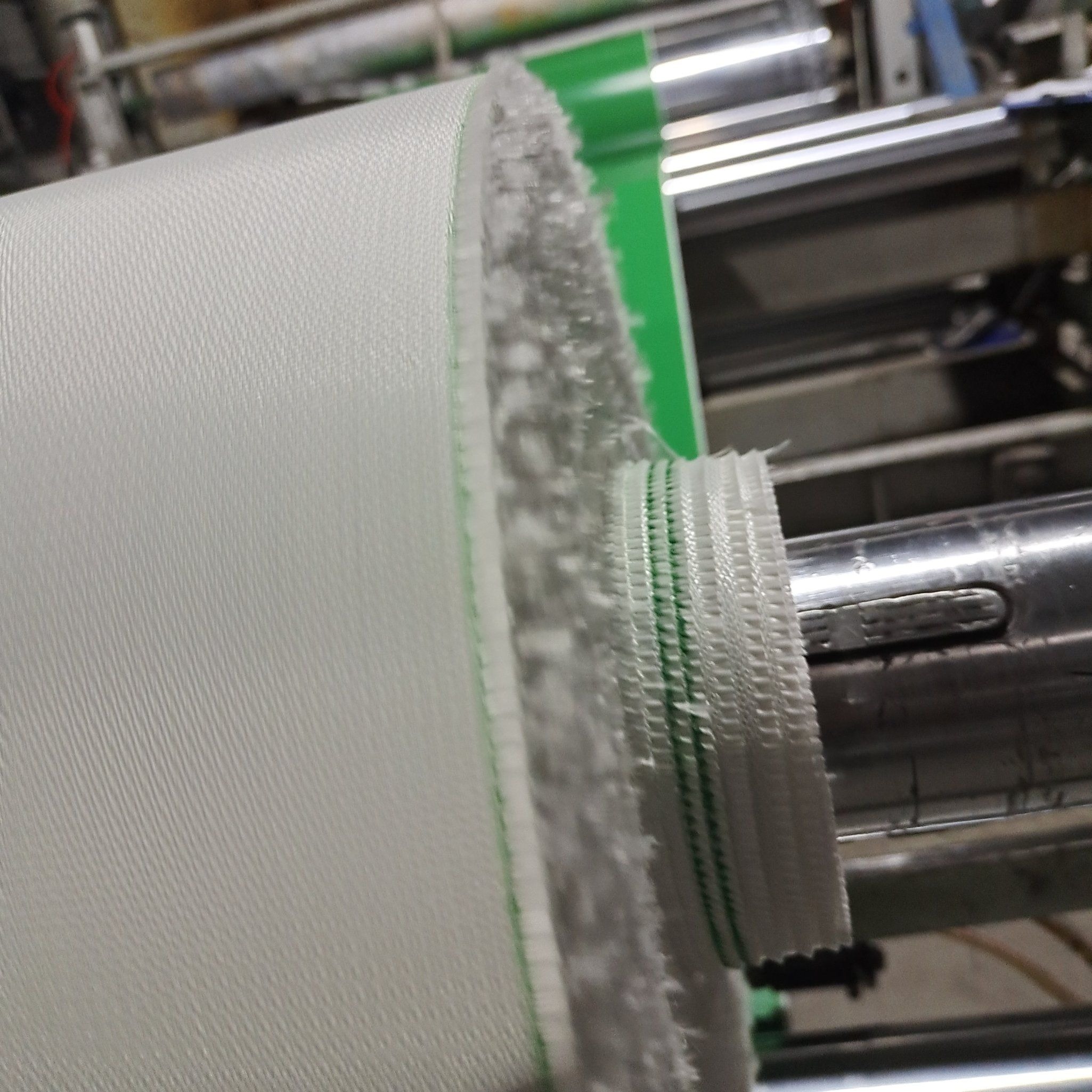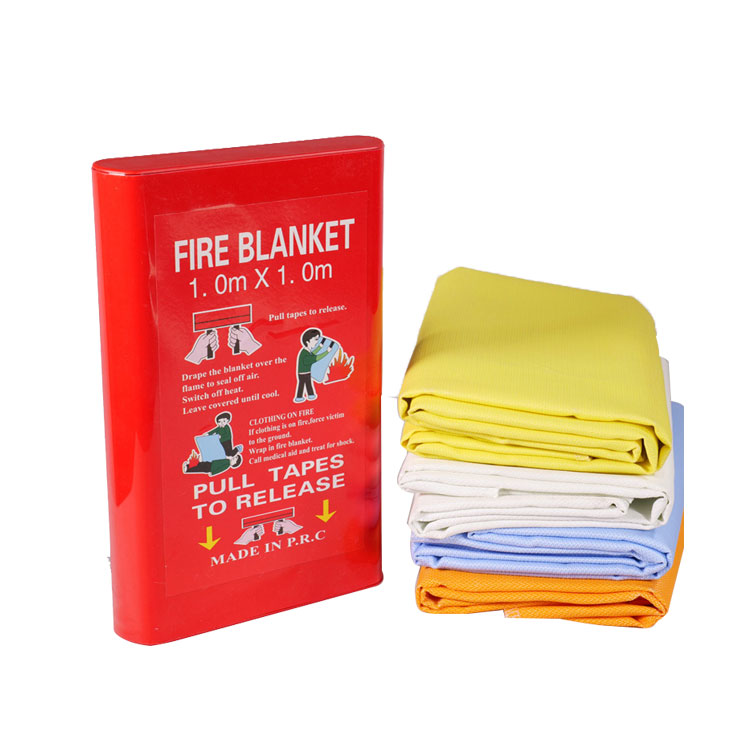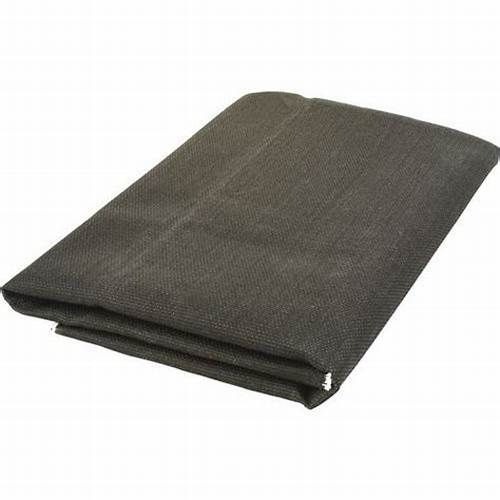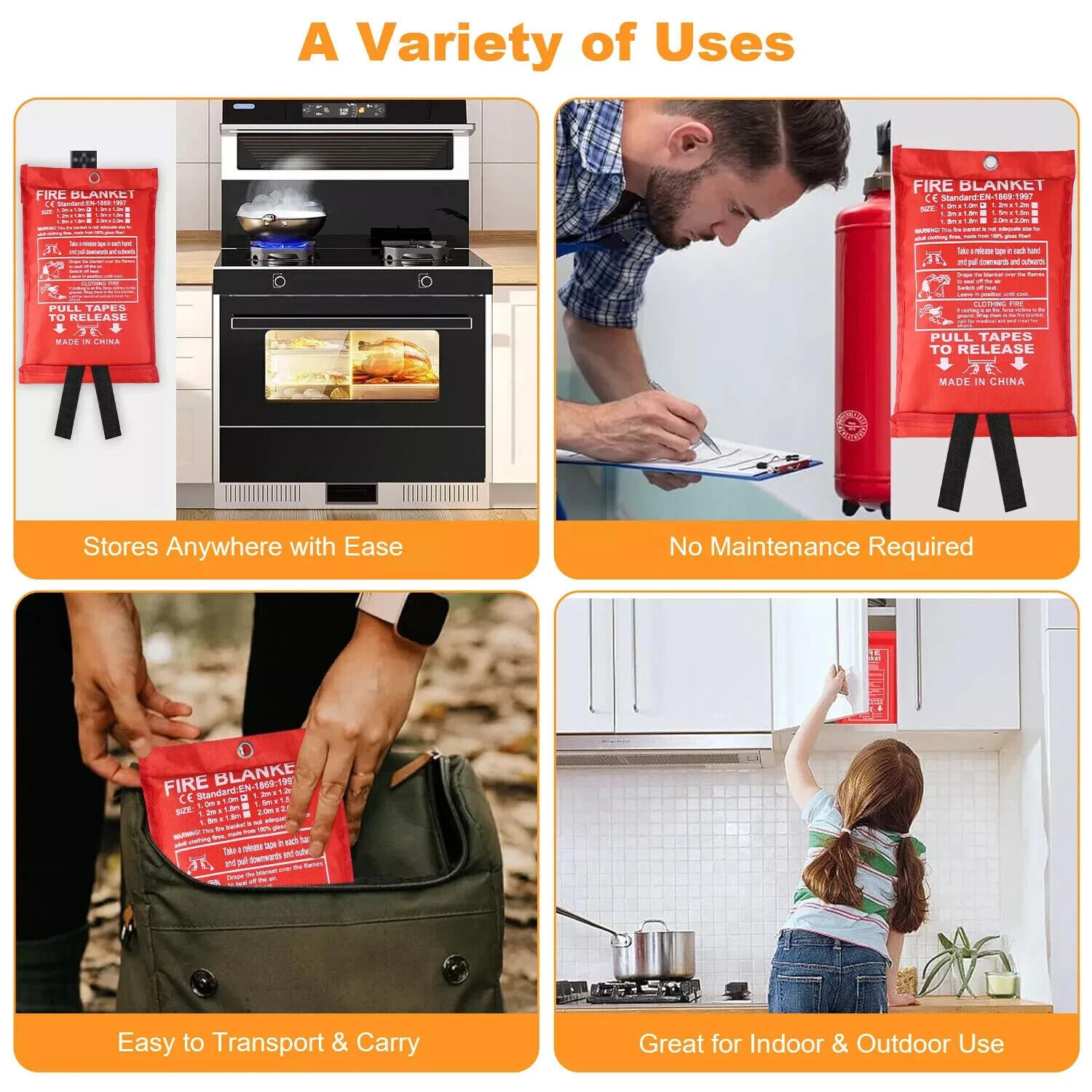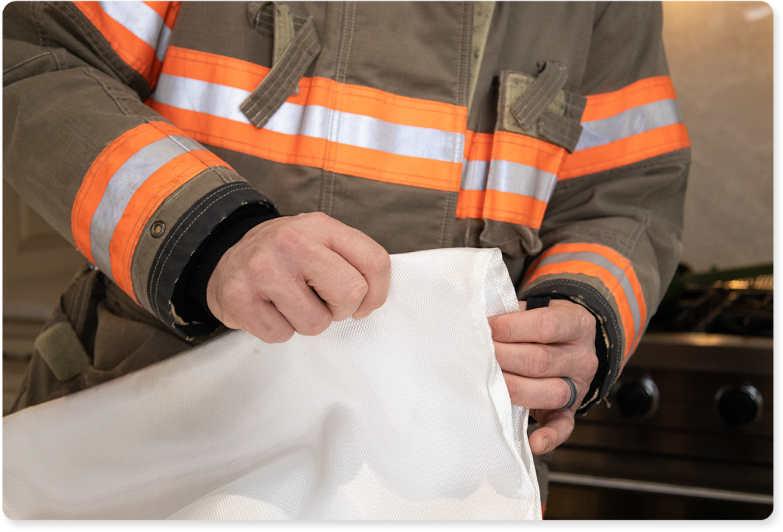918-1860 Welding Blanket Guide: Heat Protection & Safety Solutions
This guide explains everything about 918-1860 welding blankets - their features, benefits, proper usage, and maintenance. You'll learn how these safety tools protect against sparks, slag, and heat in welding environments.
What Is the 918-1860 Welding Blanket?
The 918-1860 welding blanket is a specialized protective cover made from high-temperature resistant materials. It's designed to shield surfaces, equipment, and workers from welding sparks, molten metal splatter, and radiant heat. These blankets typically measure 6' x 8' (1.8m x 2.4m), making them versatile for various applications.
Key Features of 918-1860 Welding Blankets
When you choose a 918-1860 welding blanket, you get several important features:
- Heat resistance:Withstands temperatures up to 1,800°F (982°C)
- Durable construction:Made from fiberglass with silicone coating
- Flexibility:Remains pliable in extreme temperatures
- Non-combustible:Won't catch fire or support flame spread
- Reusable:Can be used multiple times with proper care
Benefits of Using 918-1860 Welding Blankets
Using the 918-1860 welding blanket offers you multiple advantages in your workspace:
- Enhanced safety:Protects workers from burns and injuries
- Property protection:Prevents damage to floors, walls, and equipment
- Fire prevention:Reduces risk of accidental fires
- Versatility:Suitable for welding, grinding, and other hot work
- Cost-effective:Durable design means long-term use
Proper Usage of Your 918-1860 Welding Blanket
To get the most from your 918-1860 welding blanket, follow these usage tips:
- Always inspect the blanket for damage before use
- Cover the entire work area completely
- Secure the blanket with weights or clamps to prevent movement
- Overlap multiple blankets if needed for larger areas
- Keep flammable materials away from the work area
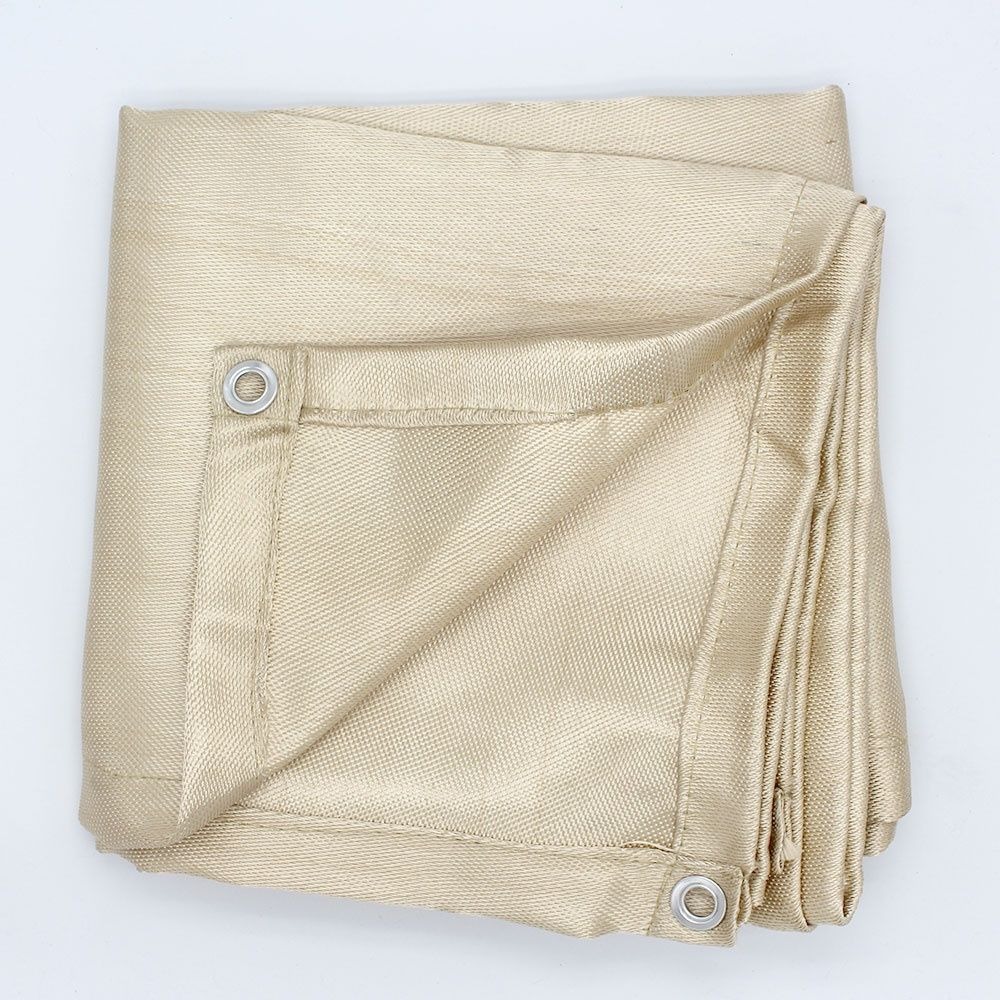
Remember that while the 918-1860 welding blanket provides excellent protection, it should be used alongside other safety measures like proper PPE and ventilation.
Maintenance and Care Instructions
Proper care extends the life of your 918-1860 welding blanket:
- Clean with compressed air or a soft brush - avoid water
- Store flat or rolled in a dry, clean area
- Never fold or crease sharply as this can damage fibers
- Inspect regularly for tears, holes, or excessive wear
- Replace if the blanket shows significant damage
Choosing the Right Welding Blanket
While the 918-1860 welding blanket suits many applications, consider these factors when selecting:
- Temperature requirements:Match the blanket to your maximum working temperature
- Size needs:Ensure coverage for your specific work area
- Material type:Fiberglass works for most applications, but specialty materials exist
- Thickness:Thicker blankets offer more protection but less flexibility
- Color options:Some prefer bright colors for visibility
Common Applications for 918-1860 Welding Blankets
You'll find the 918-1860 welding blanket useful in various scenarios:
- Shielding floors during overhead welding
- Protecting sensitive equipment near welding areas
- Creating temporary welding curtains
- Covering vehicles during nearby hot work
- Insulating pipes and valves during maintenance
- Protecting walls and structural elements
Safety Precautions When Using Welding Blankets
While the 918-1860 welding blanket enhances safety, remember these precautions:
- Never use as personal protective equipment (PPE)
- Avoid direct contact with molten metal
- Keep away from sharp edges that could cut the material
- Don't use if the blanket is wet or contaminated
- Follow all standard welding safety protocols
Comparing 918-1860 to Other Welding Blankets
The 918-1860 model stands out from other welding blankets because:
- It offers a balance of size and portability
- The silicone coating provides extra durability
- It maintains flexibility in cold conditions
- The standard size fits most common applications
- It's widely available from safety suppliers
Frequently Asked Questions
Q: How long does a 918-1860 welding blanket last?A: With proper care, it can last several years depending on usage frequency and conditions.
Q: Can I wash my welding blanket?A: No, water can damage the fibers. Use compressed air or gentle brushing instead.
Q: Is the 918-1860 welding blanket OSHA compliant?A: When used properly as part of a comprehensive safety program, yes.
Q: Can I cut the blanket to size?A: It's not recommended as this can compromise the edge integrity.
Q: Where should I store my welding blanket?A: In a clean, dry area away from direct sunlight and moisture.


